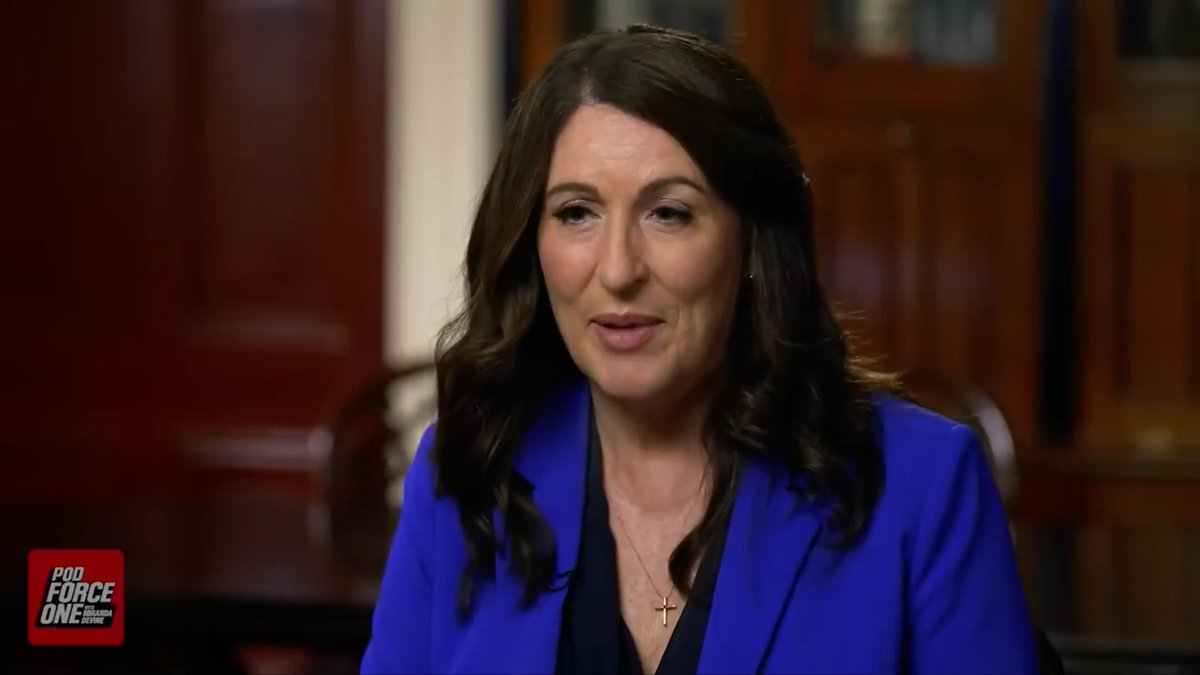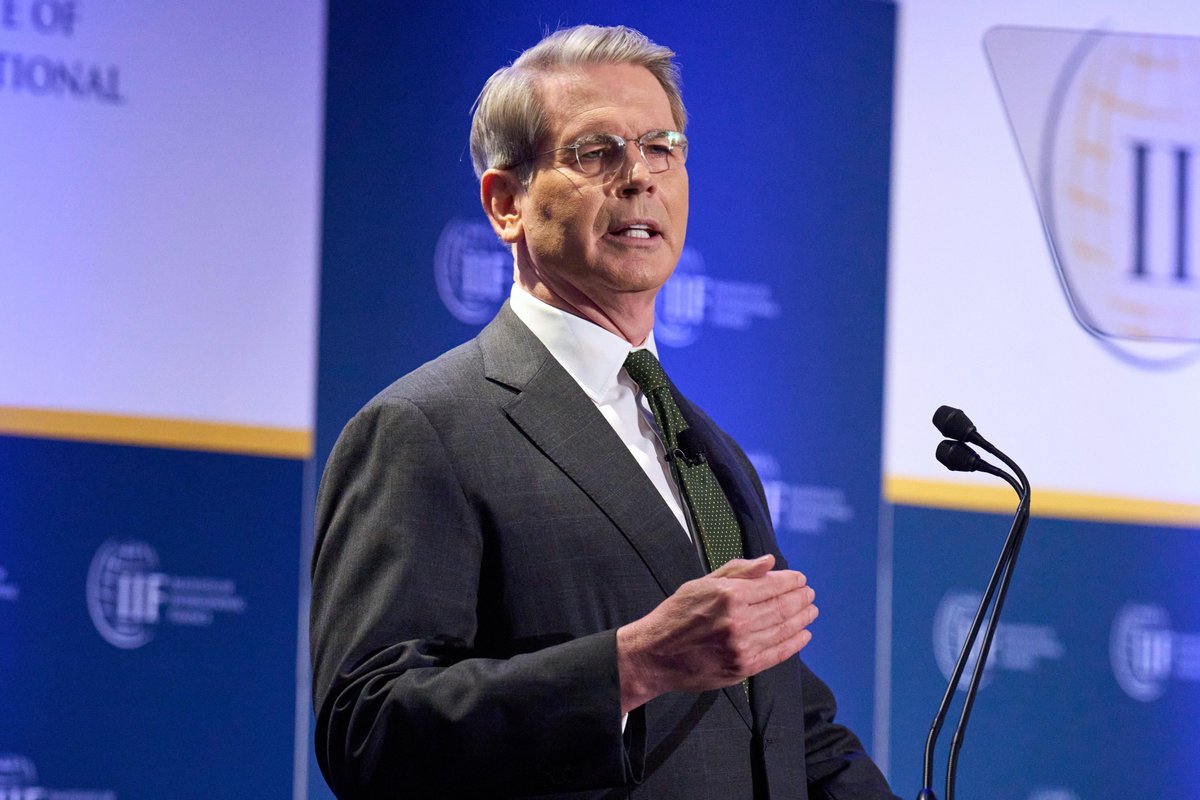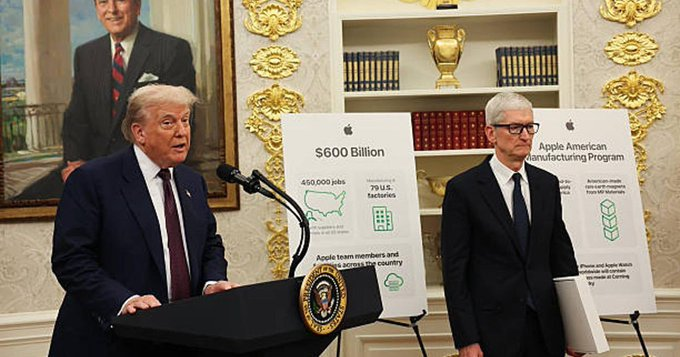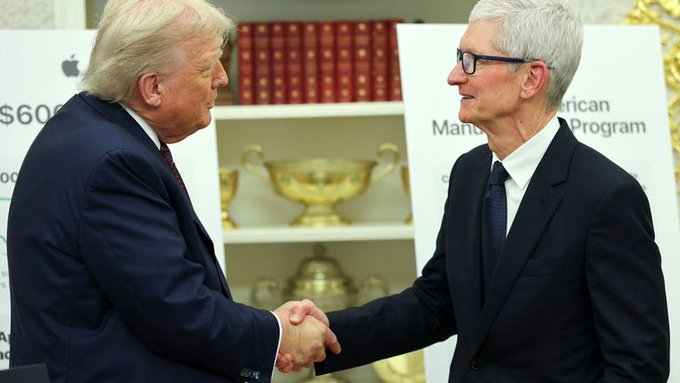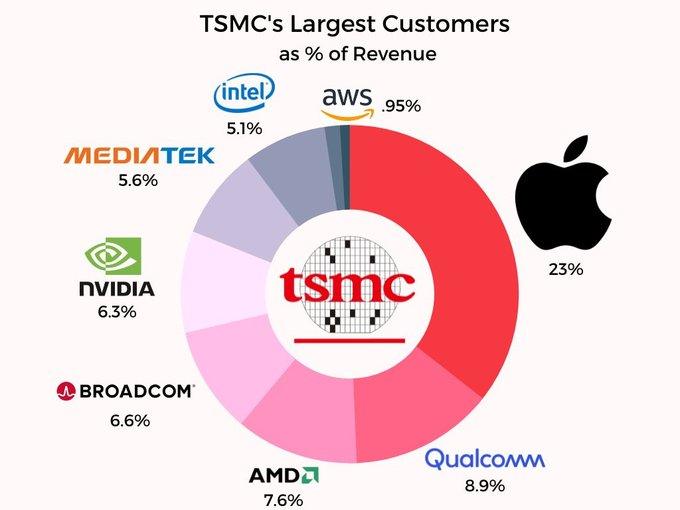Elite MIT researchers recently made a chilling discovery.
They scanned the brains of 54 people during a routine writing exercise.
But when they revisited those scans just four months later, the results left them stunned—and alarmed.
The culprit wasn’t smartphones. It wasn’t TikTok.
It was something far more disturbing.
They scanned the brains of 54 people during a routine writing exercise.
But when they revisited those scans just four months later, the results left them stunned—and alarmed.
The culprit wasn’t smartphones. It wasn’t TikTok.
It was something far more disturbing.

First, some background.
MIT researchers brought in students from five Boston universities and divided them into three groups: one using ChatGPT, one using Google, and one with no external tools at all.
Over the next four months, they tracked each group’s brain activity during writing tasks.
Here’s what they uncovered:
MIT researchers brought in students from five Boston universities and divided them into three groups: one using ChatGPT, one using Google, and one with no external tools at all.
Over the next four months, they tracked each group’s brain activity during writing tasks.
Here’s what they uncovered:
The ChatGPT group struggled to recall what they had written—
and that’s not even the disturbing part.
Not days later.
Not hours later.
Just minutes later.
A staggering 83% couldn’t reproduce a single line from their own essays.
Dr. Daniel Amen has a name for this:
and that’s not even the disturbing part.
Not days later.
Not hours later.
Just minutes later.
A staggering 83% couldn’t reproduce a single line from their own essays.
Dr. Daniel Amen has a name for this:
He calls it “cognitive offloading.”
After scanning thousands of brains, psychiatrist Dr. Daniel Amen explains it this way: your mind starts treating AI as if it were an external hard drive.
And history shows—we’ve seen this pattern before.
After scanning thousands of brains, psychiatrist Dr. Daniel Amen explains it this way: your mind starts treating AI as if it were an external hard drive.
And history shows—we’ve seen this pattern before.
GPS destroyed our spatial memory.
Taxi drivers have larger hippocampi than GPS users.
People lost 30% of navigation brain volume.
Calculator dependency killed mental math.
But AI is fundamentally different:
Taxi drivers have larger hippocampi than GPS users.
People lost 30% of navigation brain volume.
Calculator dependency killed mental math.
But AI is fundamentally different:
It isn’t just one skill being affected.
The hippocampus stops encoding new memories.
The prefrontal cortex nearly shuts down—planning grinds to a halt.
And the anterior cingulate cortex goes dark, silencing critical thinking.
But here’s the part that’s truly shocking:
The hippocampus stops encoding new memories.
The prefrontal cortex nearly shuts down—planning grinds to a halt.
And the anterior cingulate cortex goes dark, silencing critical thinking.
But here’s the part that’s truly shocking:
The MIT study found that even after removing AI access...
The brains stayed suppressed.
They called it "cognitive debt."
Like muscles that atrophied, but the brain couldn't bounce back.
Recovery?
The brains stayed suppressed.
They called it "cognitive debt."
Like muscles that atrophied, but the brain couldn't bounce back.
Recovery?
It takes weeks to months of active retraining.
Some cognitive rehabilitation programs show promise, but only with deliberate, challenging mental exercises.
Most people never put in that work.
The bit that shook me?
Some cognitive rehabilitation programs show promise, but only with deliberate, challenging mental exercises.
Most people never put in that work.
The bit that shook me?
Nearly 1 in 3 parents now allow children as young as 0–8 to use AI.
Research already shows that just two hours of daily screen time boosts attention deficits by 30%.
Layer AI on top—and the harm doesn’t just add up. It multiplies.
Research already shows that just two hours of daily screen time boosts attention deficits by 30%.
Layer AI on top—and the harm doesn’t just add up. It multiplies.
40% reduction in working memory.
Children's emotional regulation circuits may fail to develop.
Dr. Amen warns:
"If they're not engaging their brains, their brains are going to be weaker."
But adults face a different crisis:
Children's emotional regulation circuits may fail to develop.
Dr. Amen warns:
"If they're not engaging their brains, their brains are going to be weaker."
But adults face a different crisis:
19% of Americans have formed emotional bonds with AI.
• Chris proposed to Soul.
• Travis "married" his chatbot Lily Rose.
Our brains can't tell the difference anymore.
Then there's the dementia problem...
• Chris proposed to Soul.
• Travis "married" his chatbot Lily Rose.
Our brains can't tell the difference anymore.
Then there's the dementia problem...
This terrifies neuroscientists most.
Swedish research tracked education levels and Alzheimer's onset.
Each year of active learning delays dementia.
Yet we're actively destroying that cognitive reserve:
Swedish research tracked education levels and Alzheimer's onset.
Each year of active learning delays dementia.
Yet we're actively destroying that cognitive reserve:
Dr. Terry Sejnowski co-invented the Boltzmann machine with the "AI Godfather" Geoffrey Hinton.
And his verdict is blunt:
"If you misuse these models, your brain's going to go downhill."
So how do we protect ourselves?
And his verdict is blunt:
"If you misuse these models, your brain's going to go downhill."
So how do we protect ourselves?
Never let AI replace your thinking—make it amplify it.
Use the 80/20 rule: 80% brain-only, 20% AI-assisted.
Ask AI to critique, not create.
Debate with it. Question it.
Because there are massive rewards waiting for those who do this:
Use the 80/20 rule: 80% brain-only, 20% AI-assisted.
Ask AI to critique, not create.
Debate with it. Question it.
Because there are massive rewards waiting for those who do this:
Thanks for reading.
If you enjoyed this post follow @ameliamaya98 for more content on AI and politics.
Appreciate the support.
If you enjoyed this post follow @ameliamaya98 for more content on AI and politics.
Appreciate the support.
• • •
Missing some Tweet in this thread? You can try to
force a refresh



